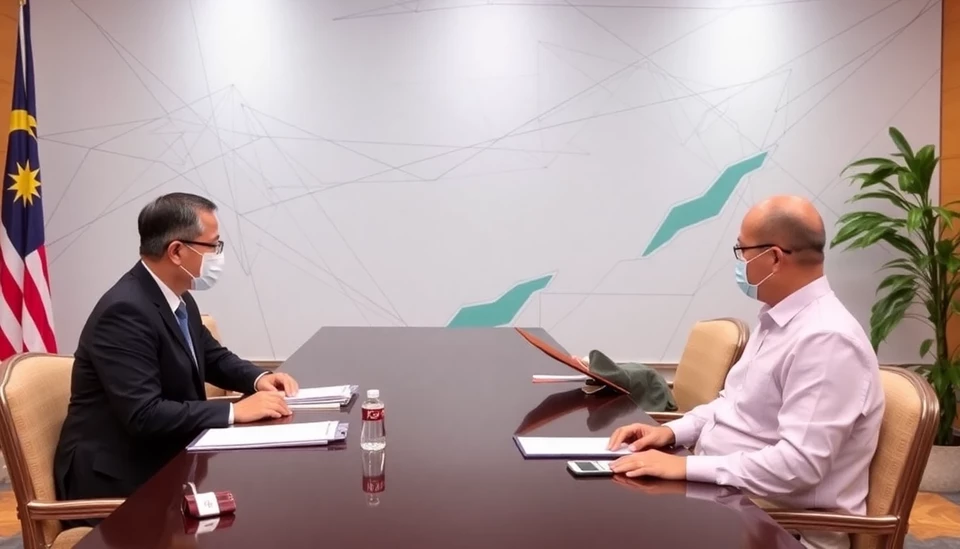
In a bold move to bolster regional economic resilience, Malaysia has initiated efforts to establish a unified tariff response among Southeast Asian nations. This proposal comes amidst a series of economic pressures that have intensified competition in the global marketplace, prompting Malaysian officials to urge their regional partners to collaborate on tariff strategies as a means of fostering economic stability.
The call for a coordinated tariff response has gained momentum in the context of rising trade tensions, both within Southeast Asia and globally. Malaysia's Prime Minister emphasized the importance of a collaborative approach, stating that by harmonizing tariffs, member countries could better protect their domestic industries from external shocks and enhance trade relationships within the ASEAN bloc.
Highlighting the urgency of the situation, Malaysian officials pointed to the challenges posed by fluctuating commodity prices and supply chain disruptions that have adversely impacted several key sectors, including agriculture and manufacturing. By addressing these issues collectively, Malaysia aims not only to safeguard its economic interests but also to strengthen the entire region's competitive stance.
Southeast Asian nations are increasingly recognizing the potential benefits of such cooperation, as it could lead to more favorable trade conditions and attract foreign investment. The Malaysian government is advocating for a comprehensive dialogue among ASEAN members to negotiate tariffs that reflect the economic realities faced by each country, allowing for a more equitable trade framework.
Moreover, the initiative is seen as a proactive measure to counterbalance the influence of larger economic powers and could pave the way for more resilient supply chains across the region. Malaysia's strategic push for a collective tariff approach has resonated with many ASEAN leaders who share concerns about their countries' economic vulnerabilities amid a shifting global landscape.
As discussions progress, it remains to be seen how individual countries will respond to Malaysia's proposal. The potential for resistance exists, particularly from nations that may have differing economic priorities or that rely on existing tariff structures. Nevertheless, if ASEAN can unite around this initiative, it may prove to be a pivotal moment in the region's economic history.
In conclusion, Malaysia's proposal to establish a coordinated tariff response among Southeast Asian nations signals a critical step towards regional economic solidarity. As leaders deliberate over the best course of action, the hope is that this initiative will foster a more robust economic environment for all member states moving forward.
#Malaysia #SoutheastAsia #TariffResponse #ASEAN #EconomicStrategy
Author: Daniel Foster




